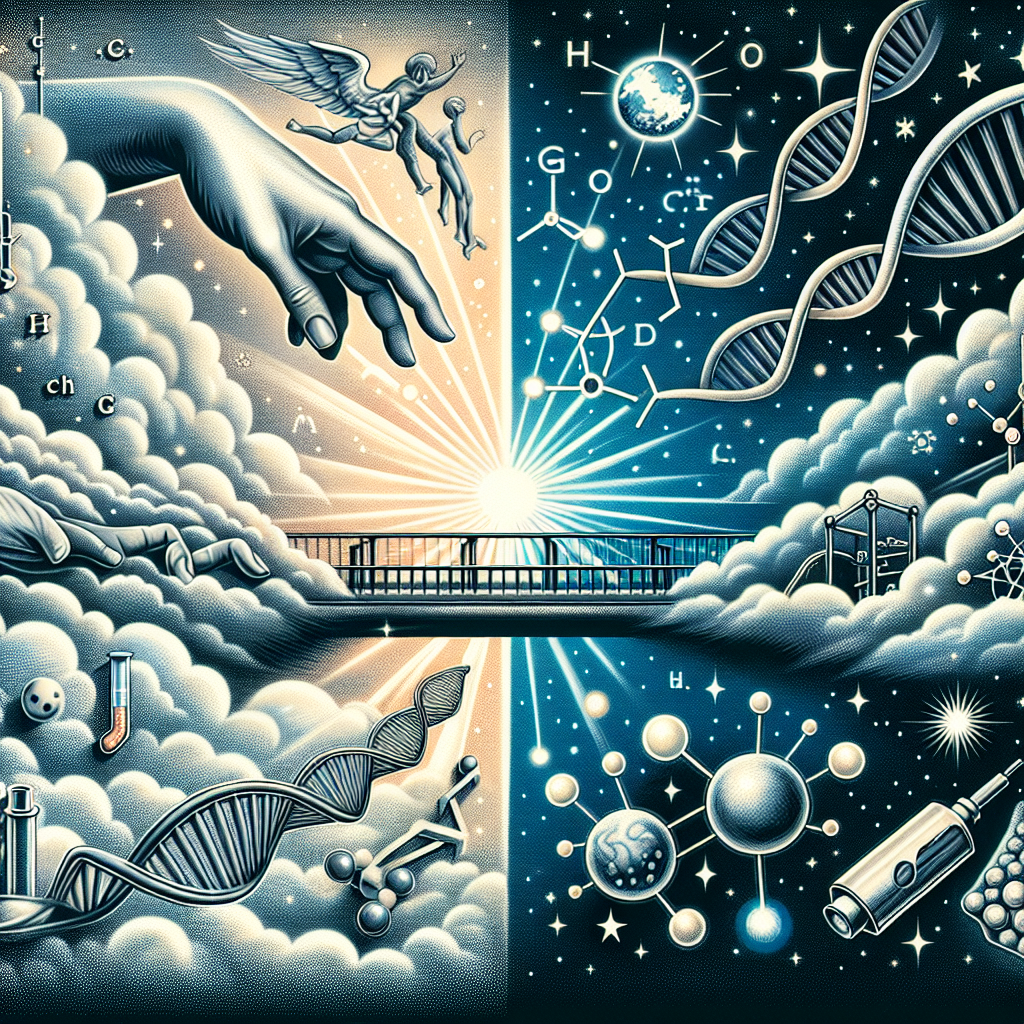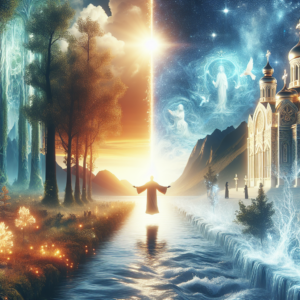Bridging the Divide: Exploring the Intersection of Biblical Creationism and Modern Science
In a world where faith and reason have often been portrayed as opposing forces, the dialogue between Biblical creationism and modern science presents a unique opportunity for understanding and collaboration. Rather than viewing these perspectives as mutually exclusive, we can explore their intersection as a rich space for education, discovery, and shared truths. This article aims to bridge the divide, encouraging readers to embrace a harmonious relationship between their faith and scientific inquiry.
Understanding Biblical Creationism
Biblical creationism asserts that the universe and all life forms were intentionally created by God, as described in the Genesis account. For many believers, this narrative is not just a story, but a foundational aspect of their faith, providing meaning and purpose to existence. The six-day creationist model emphasizes God’s sovereignty and deliberate act of creation, fostering a deep appreciation for the complexity and beauty of life.
The Scientific Perspective
On the other hand, modern science seeks to understand the natural world through observation, experimentation, and empirical evidence. Disciplines such as biology, astronomy, and geology provide insights into the mechanisms underlying the origins and development of life on Earth. Concepts like evolution—often viewed as a deterministic process devoid of divine influence—can seem at odds with a literal interpretation of creationism.
Finding Common Ground
Despite their apparent differences, there are numerous points of convergence between biblical creationism and scientific exploration. Here are a few encouraging highlights:
-
Shared Wonder: Both perspectives celebrate the awe and wonder of the universe. The intricacies of complex ecosystems, the vastness of the cosmos, and the fragility of life evoke shared admiration. Science allows us to uncover the mechanisms of creation, while faith inspires us to explore the spiritual significance behind that creation.
-
Historical Context: Many scientists who helped establish foundational principles of modern science were people of faith. Figures such as Isaac Newton, Gregor Mendel, and Georges Lemaître were driven not solely by curiosity but by their desire to understand the divine order of creation. Recognizing the historical contributions of faith-filled scientists can help bridge the gap in contemporary discourse.
-
Complementary Narratives: Instead of viewing science and creationism as conflicting narratives, they can be seen as complementary truths. For instance, while the Bible presents a theological account of creation, science elucidates the mechanics of it. Many theologians advocate for a perspective known as “theistic evolution,” suggesting that God may use evolutionary processes as a means of creation, allowing for a dialogue between faith and science.
-
Ethical Responsibility: Both biblical creationism and science emphasize the importance of stewardship of the Earth. In Genesis, humanity is tasked with caring for creation, a principle echoed in scientific calls for environmental stewardship. This shared responsibility can mobilize believers and scientists alike to work together in conservation efforts and sustainable practices.
-
Encouraging Dialogue: Dialogue between scientists and theologians can foster mutual respect and understanding. Platforms that promote conversations among various faith traditions and scientific disciplines can help dismantle stereotypes and highlight the richness of diverse perspectives. By encouraging open dialogue, we can reduce polarization and foster a culture of collaboration.
Embracing a Holistic Perspective
As we navigate the intersection of biblical creationism and modern science, it is vital to approach the conversation with humility, openness, and a willingness to learn from one another. By embracing a holistic perspective, we can celebrate the unique contributions of both faith and science to our understanding of reality. The complexities of existence can be appreciated through both lenses, enhancing our understanding of the universe and our place within it.
Conclusion
The intersection of biblical creationism and modern science is not a battleground but a bridge—a bridge that leads to greater understanding, enlightenment, and unity. By recognizing the value of both perspectives, we can create a more inclusive and informative dialogue that enriches our quest for truth. In doing so, we stand at the dawn of an exciting era where faith and reason can walk hand in hand, encouraging us to explore and appreciate the magnificent tapestry of creation. Let us move forward with an attitude of curiosity, respect, and shared wonder, fostering a future where science and faith coexist to illuminate our understanding of existence.
Explore and dig up answers yourself with our BGodInspired Bible Tools! Be careful – each interaction is like a new treasure hunt… you can get lost for hours 🙂


